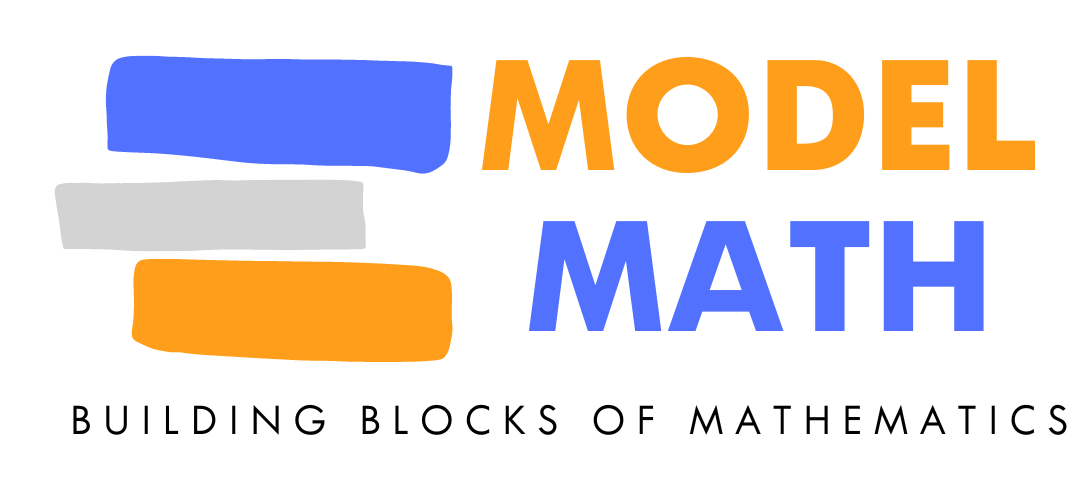In Singapore, we are now in another more restrictive phase of social distancing due to the recent cluster outbreak. While schools are not affected so far, we take an interesting look at the trends seen worldwide on the effect COVID-19 is having on school learning, particularly maths skills, with the interruptions to normal school timetables.
The research on maths development and anxiety, summer learning loss, and maths achievement after other disasters doesn’t paint an encouraging picture. It indicates how maths learning is impacted to a greater degree during the pandemic, and what we as educators and you as parents can do to counter it.
Here are the key things to know.
The maths slide is real
There have been several studies conducted on the impact of school closures due to COVID-19 and while their results differ to the degree of effect, all conclude that, on average, students lost more ground in maths than in reading.
Three studies predicted students could learn half or up to a full year less maths in 2020-21, compared to what they would learn in a typical year. The trend of loss in maths skills was evident across every grade, with up to 4.5 months’ loss in maths compared to up to 2 months’ in reading.
In addition, a new national survey in the US from the Understanding Coronavirus in America study found that while parents of K-12 students generally think instruction has not gone back to pre-COVID-19 quality, they were significantly more concerned about maths than reading, and particularly if their students attended virtual or hybrid classes.
But why is pandemic learning loss worse in maths than other subjects?
Firstly, while reading tends to start in the home, maths is generally picked up in a classroom environment. Parents are often less able to help their children with maths homework as compared to other subjects. So, when children aren’t in school, it follows that their maths development will suffer.
In addition, it has been proven that stress affects the ability to learn maths, and with additional stress placed on children through the effects of the pandemic on their families and the disruption to their orderly routine, this can also have an impact on how well they are able to take in maths learning during this period of upheaval.
Another factor that impacts maths learning during pandemic times and the possible loss of maths skills is the teacher’s ability to engage student in maths through remote learning as compared to a normal classroom situation.
It helps to study other disasters that have impacted education to compare the result to understand the pandemic impact in more detail. For example, after Hurricane Katrina, researchers found that students lost the most ground in maths, up to two grades. Some of this loss was attributed to missed lessons where the curriculum simply wasn’t taught, but researchers also pinpointed stress as a factor. The disaster impacts weighed on students for months or even years after the event.
It has been recommended that teachers and school psychologists work together to identify students with existing math anxieties as well as those who are coping negatively with the pandemic.
Being open about stress in the classroom also helps, by getting students to talk about their feelings and addressing how stress impacts study. Incorporating stress-busting techniques into the classroom may help as well.
How will remote learning affect maths teaching?
While hybrid and virtual learning has had its place over the last decade and enriched learning, the sudden reliance on it in totality during the pandemic lockdown proved highly disruptive for students. It was a completely new learning environment to get used to.
In addition, teachers aren’t as well trained to teach remotely so would battle with bringing an engaging lesson to the class, especially if most learning materials are designed for the physical classroom. The adaptation of these materials into the virtual world so quickly would prove a challenge.
Apps and online worksheets can help students practise what they have learned and retain their maths skills, but getting across the concepts and transferring the learning is quite another thing in the online space, especially around how to make the teaching content meaningful to students.
What should happen with curriculum?
In the States in particular, suggestions have been made to focus just on the main topics in order to get students caught up. But that poses a problem as the learning of maths builds on itself. If parts of the syllabus are missed out, lessons will be conducted, especially in older grades, that assume students know things that they actually haven’t been taught.
The reality is that some topics will have to give and most likely to be affected will be geometry as teachers will favour algebra over geometry to get the teaching across.
Some schools have even harnessed technology to try to solve the conundrum. Algorithms map out customised lessons built on a student’s skillsets. However, there have been mixed results in its actual practice.
How can teachers and parents work together?
Parental support at this unusual time in our history is vital. Students whose parents are involved in their studies tend to lose less ground than those left to work it out for themselves. However, this can be a big ask. As mentioned earlier, a lot of parents don’t have the knowledge and skills to help their kids with maths as they can with other subjects.
Maths-related games could be a way to encourage families to come together in maths conversations in the home. Such games have proven to deliver positive results for families where parents are maths anxious and unable to help with maths workings in the normal sense.
In conclusion, be aware that your child may lose some maths ability in the pandemic years, but as long as we can support them together on this journey, we are confident that we can close the gap.




